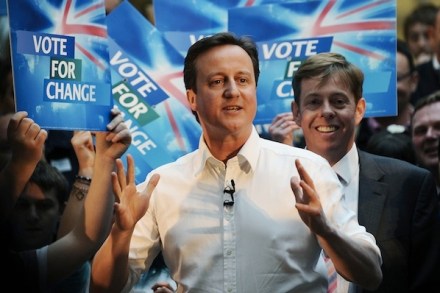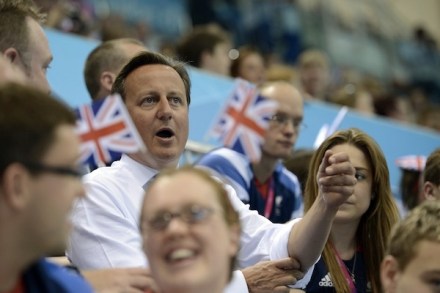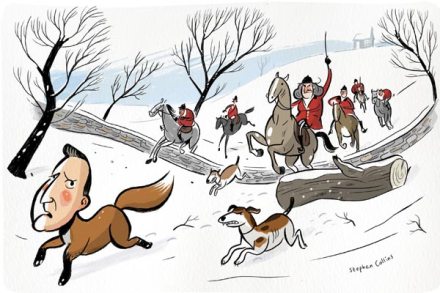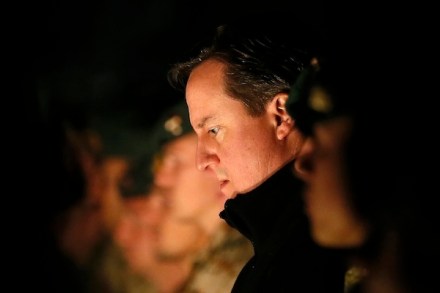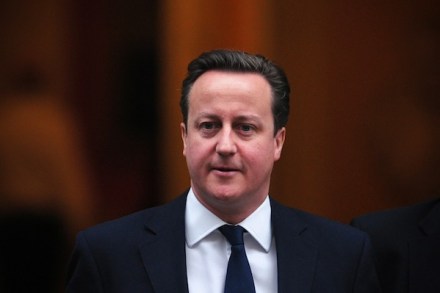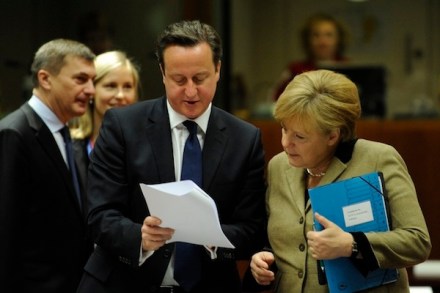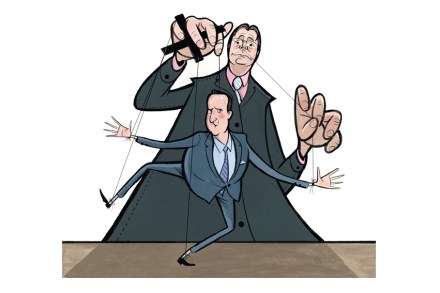David Cameron denies bickering with Nick Clegg
Nick Clegg made clear before Christmas that he wants gory, open and honest government; today the Prime Minister was equally clear that he doesn’t. Asked this morning on Radio 5Live about whether he was happy with the Lib Dem desire for greater differentiation between the parties, the Prime Minister replied: ‘I think that both parties will succeed if the Coalition succeeds, Nick Clegg and I work well together, and actually there are huge challenges facing this country. We have got to pay down the deficit, re-balance the economy and we have got to improve standards in our schools. ‘We don’t spend our time in private bickering with each other, we


